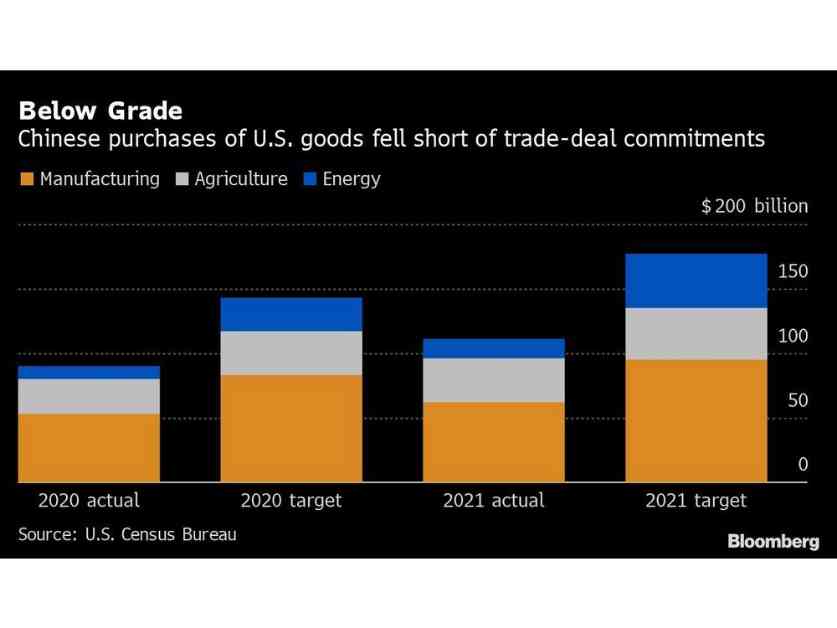President Donald Trump has been navigating a delicate dance with China, holding off on imposing tariffs on Chinese exports as his administration reviews a trade deal struck during his first term. The goal? To secure more purchases of US oil, gas, and farm products from the Asian economic powerhouse. However, this strategy may not be as straightforward as it seems.
China’s Changing Import Landscape
China has been actively diversifying its imports for years, partly in response to the ongoing trade war with the US. This diversification, coupled with a cooling economy, has left Beijing with limited flexibility to open up its market further to reduce its significant trade surplus. As a result, meeting the promises made in the trade deal with the US has proven to be a challenging task for China.
Challenges in Meeting Trade Deal Commitments
Despite its pledges in the trade deal, China fell short of its targets, especially in the energy sector, during the tumultuous past two years marked by the global pandemic. While it managed to meet most of its commitments for agricultural goods, the same cannot be said for energy products like liquefied natural gas, crude oil, and coal. This shortfall has prompted the incoming administration to consider using American LNG as leverage in future trade negotiations.
Impact of Global Factors on Chinese Imports
China’s ability to meet its trade commitments with the US has also been influenced by external factors, such as the increased production of food and energy domestically to reduce import reliance. Additionally, geopolitical events like the invasion of Ukraine have provided China with alternative sources of sanctioned commodities from Russia, further diversifying its commodity imports.
Future Prospects for US-China Energy Deals
As China continues to explore new avenues for imports and bolster its domestic production, the outlook for US energy deals remains uncertain. The country’s slowing economy and shifting demand patterns have contributed to a decline in its imports of US commodities like crude oil and corn. However, there is still potential for increased imports if China decides to redirect existing contracts or explore new trade avenues.
In conclusion, the evolving dynamics of the global energy market and China’s strategic decisions will play a crucial role in shaping the future of US-China energy deals. As both countries navigate the complexities of international trade, finding common ground and balancing economic interests will be key to fostering a mutually beneficial relationship in the energy sector.






















